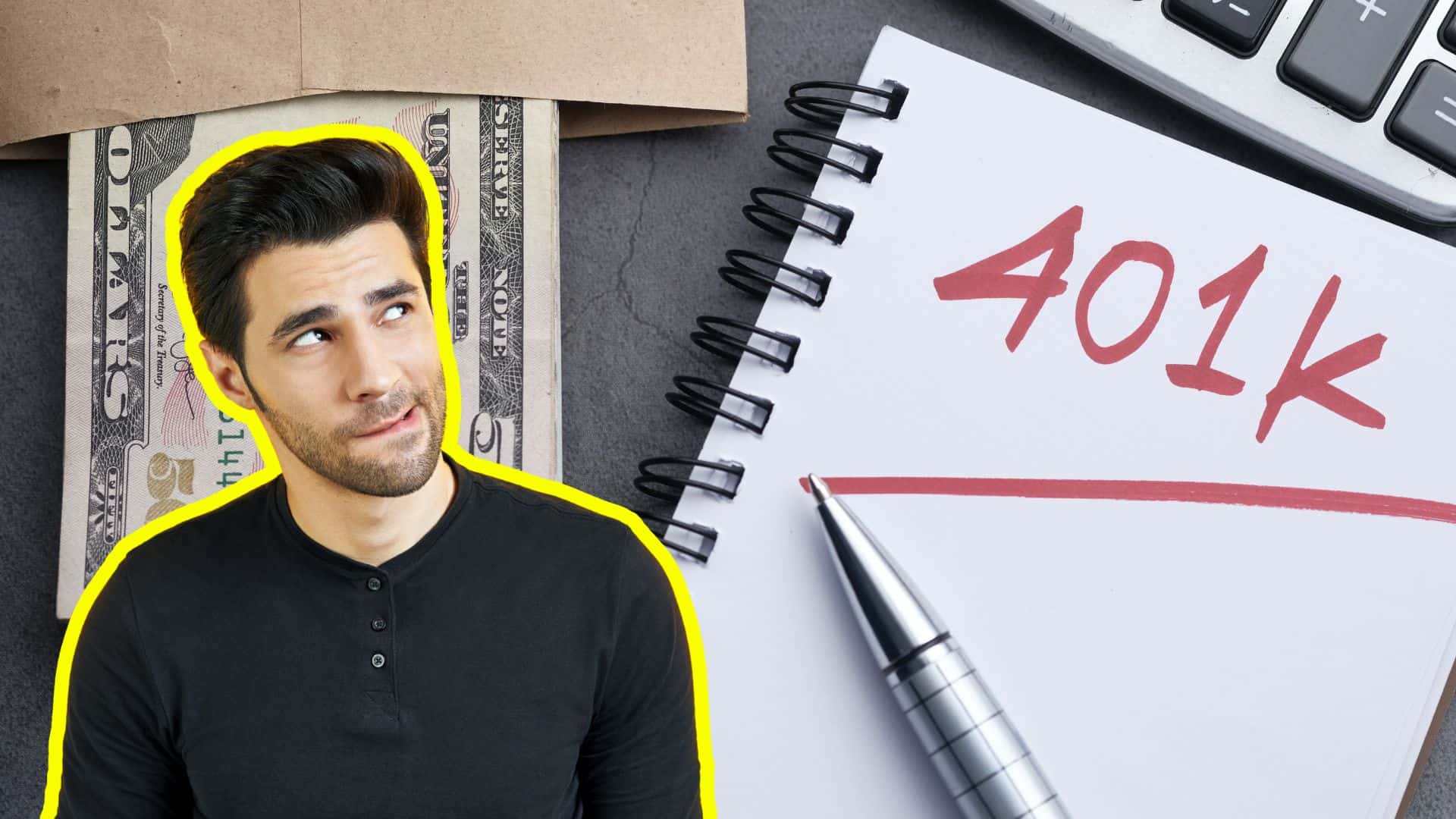Personal Finance
My dad retired at 67 and I was surprised to learn that he didn't save any money other than what was in his 401k - is this normal?

Published:

The creation of the 401(k) retirement program in 1978 was a watershed moment for employees. Created to supplement pensions that more than 50% of the working public had at the time, the 401(k) quickly became the preferred method of saving for retirement.
Understanding that Social Security was largely a glorified Ponzi scheme, workers poured trillions of dollars into their 401(k)s. At the end of 2023, there was some $7.4 trillion held in more than 710,000 plans covering about 70 million workers.
According to Fidelity Investments, which serves as record-keeper for approximately 31,259 401(k) plans, there are 544,000 people with at least $1 million in their account.
Yet as good as the 401(k) has been for workers, it is not the only investment vehicle out there, nor necessarily the best option. Roth IRAs, Health Savings Accounts (HSA), and more should also be utilized to create a mixed portfolio of opportunity to leverage the strength of each.
Yet not everyone does that. A Redditor on the r/Bogleheads subreddit was surprised to learn that his father, who retired as an IT manager and was reportedly well-read on financial subjects, had only put money into his 401(k) and no other investment vehicle. While he is still in good shape financially, he is going to have to live more frugally in retirement than he had beforehand. The Redditor wanted to know if it was common for people to just max out their 401(k) plans and do nothing else.
The thing about retirement planning is that it is a lot more complex than simply putting money aside in a savings program. As good as a 401(k) plan is, it has its limits.
Because money put into the plan is done with pre-tax dollars, the earnings are taxed at the end when you begin withdrawing the money. If you have been extremely successful in your investments inside the program, or perhaps because you have been successful, the tax bite at withdrawal could be substantial, even if you are in a lower tax bracket.
Now I’m not a financial planner or a tax professional, so these are just my opinions, but I understand why professionals often recommend only putting enough money into a 401(k) up to the employer match, if your employer offers one.
The employer match is where for every dollar a worker contributes the employer will match it dollar-for-dollar, or a percentage of it, up to a specified percentage of your income. Workers should take full advantage of that free money to supercharge their retirement savings.
Yet once you hit that threshold, it’s often advised you then begin contributing to a Roth IRA or HSA (or both). Only after maxing out those limits should you then contribute more to your 401(k).
Because a Roth IRA is funded with after-tax contributions, the earnings inside the account grow tax-free upon withdrawal. The maximum you can contribute to a Roth is $7,000 if you’re under 50 and $8,000 for those 50 or older.
But you might want to fund an HSA first up to the maximum $4,150 (or $5,150 for those 55 or older) because these accounts are triple tax-advantaged. Contributions are pre-tax, so they lower your income, earnings grow tax-free, and withdrawals for eligible healthcare expenses are also tax-free. Since healthcare costs are likely to be one of your largest expenses in retirement, it is smart to take advantage of this savings plan.
But only after maxing out these alternative investment vehicles should you then go back and start contributing more to your 401(k).
Now there are other strategies to use, such as a backdoor or mega backdoor Roth IRA, that could help you do more. It’s why talking with a financial planner and tax professional is an important consideration. They can advise you on the best strategy to use that fits your particular situation.
Start by taking a quick retirement quiz from SmartAsset that will match you with up to 3 financial advisors that serve your area and beyond in 5 minutes, or less.
Each advisor has been vetted by SmartAsset and is held to a fiduciary standard to act in your best interests.
Here’s how it works:
1. Answer SmartAsset advisor match quiz
2. Review your pre-screened matches at your leisure. Check out the advisors’ profiles.
3. Speak with advisors at no cost to you. Have an introductory call on the phone or introduction in person and choose whom to work with in the future
Thank you for reading! Have some feedback for us?
Contact the 24/7 Wall St. editorial team.